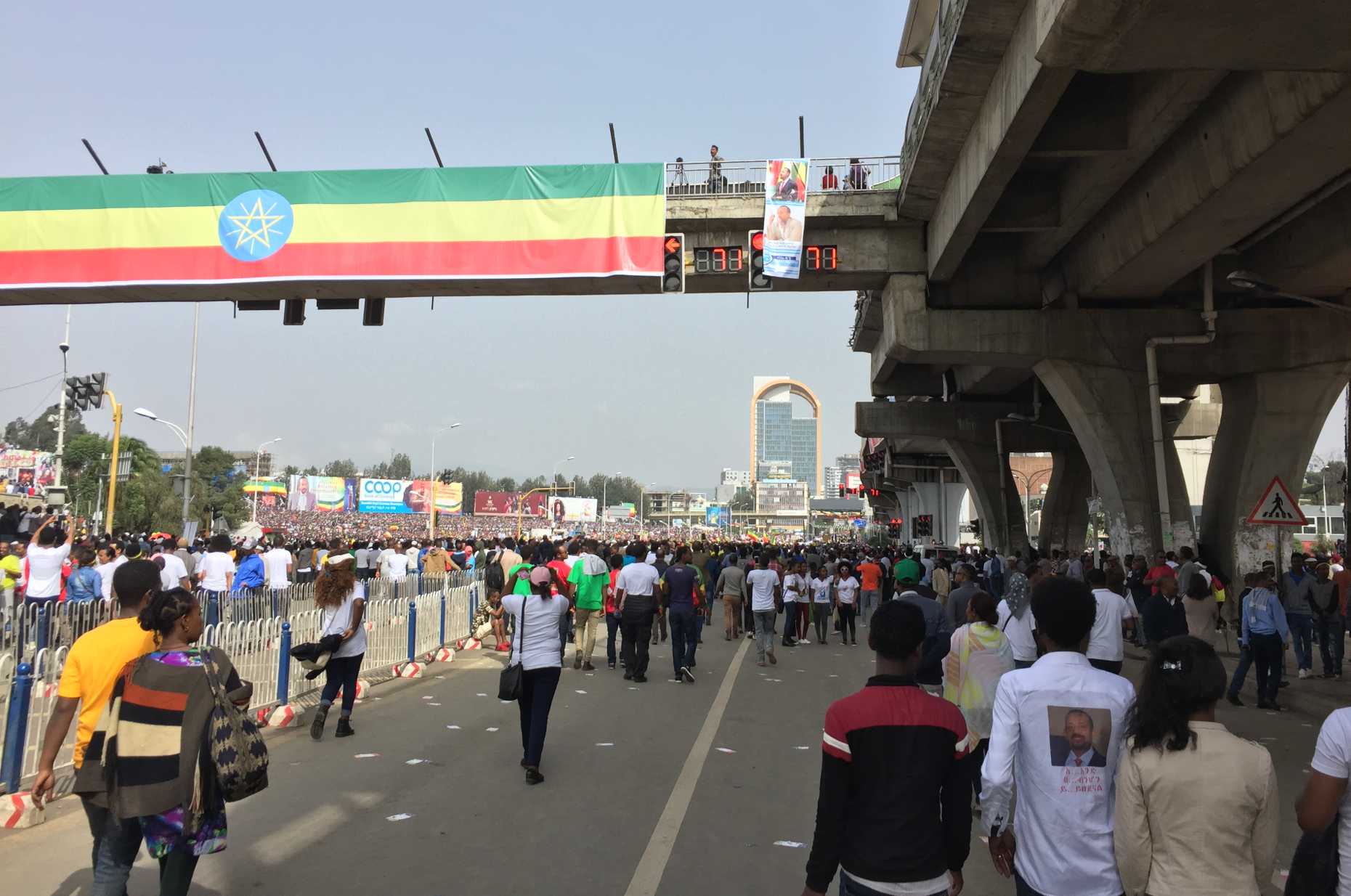Ethiopia’s pathway towards reconciliation
In a policy brief, NADEL MAS ’20 alumna Simone Zurschmitten outlines how Ethiopia could pursue much-needed reconciliation to help achieve and maintain political stability.

Ethiopia is at a pivotal moment. Its liberalization under Prime Minister Abiy Ahmed opened political space for hitherto excluded groups, yet simultaneously gave way to major outbreaks of ethnic violence. The federal government's military interventions in its northern region of Tigray in November 2020 risk further deepening divisions with profound implications for Ethiopia's future.
In her MAS thesis and policy brief, NADEL ‘20 alumna Simone Zurschmitten emphasizes that working towards reconciliation must be a priority to help achieve and maintain the political stability of Ethiopia. With a suitable approach to transitional justice, attempts can be made to overcome some of the presenting obstacles.
Read the Policy Brief